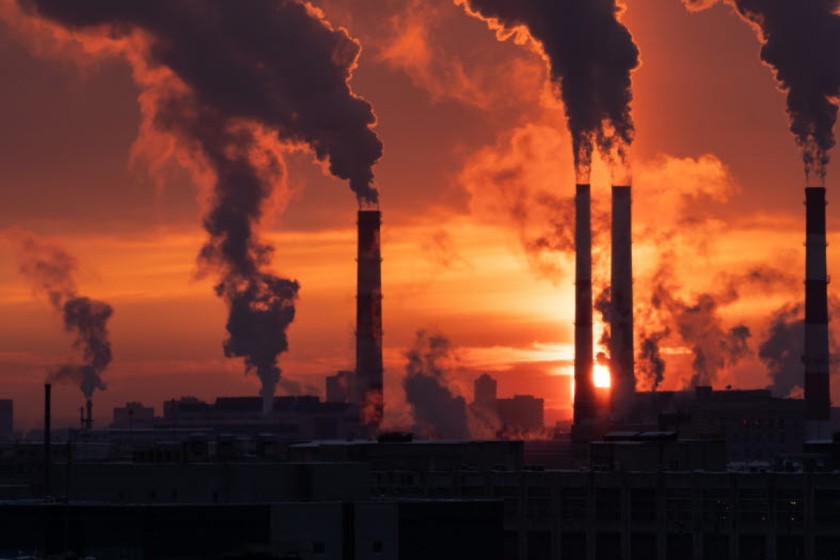A new report reveals major companies’ carbon reduction targets are insufficient, risking failure to avert catastrophic global warming.
The carbon emissions reduction targets of a consortium of the largest publicly traded companies are collectively deemed too feeble, indicating a failure to fulfil their role in averting the most catastrophic effects of global warming, as per a report released on Tuesday.
A study conducted by the non-profit NewClimate Institute and Carbon Market Watch on 51 companies revealed that they had committed to reducing their emissions by an average of 30% by 2030, falling short of the necessary 43% reduction needed to restrict global warming to 1.5 degrees Celsius (2.7 Fahrenheit) by 2050.
Although 19 firms had enhanced their targets over the past two years, many were criticised for having vague objectives tied to only certain aspects of their operations or relying on offsets instead of genuine emissions cuts, resulting in effective targets ranging from 5% to 20%, according to the report.
Among the top performers were companies like Mars in the food sector, H&M Group in retail, and energy giants Enel and Iberdrola, all of which pledged to reduce their emissions by 50% to 64%, the report noted.
Frederic Hans of the NewClimate Institute remarked, “Four years into the crucial decade for action on climate change, some companies have grasped the necessity of setting 2030 targets aligned with the latest climate science and supported by credible measures to achieve them. However, there remains a worrying lack of commitment and urgency from too many companies to engage in credible climate action.”
Scientists assert that emissions must be halved by the decade’s end if the world aims to achieve a net-zero greenhouse emissions goal by mid-century. Last year witnessed record-high emissions and average temperatures.
The pledges made by governments, termed Nationally Determined Contributions, currently indicate a trajectory towards warming of 2.5-2.9°C above pre-industrial levels, raising concerns about severe floods, droughts, and wildfires.
Monday’s report represents the third edition of the NGOs’ Corporate Climate Responsibility Monitor, which examines the largest revenue-generating companies in sectors critical to climate action.
Benja Faecks of Carbon Market Watch underscored the necessity for more robust climate regulation, stating, “Civil society, investors, and governments rely on transparent and credible regulations to differentiate well-supported transition plans from those that are insufficient and susceptible to greenwashing.”

